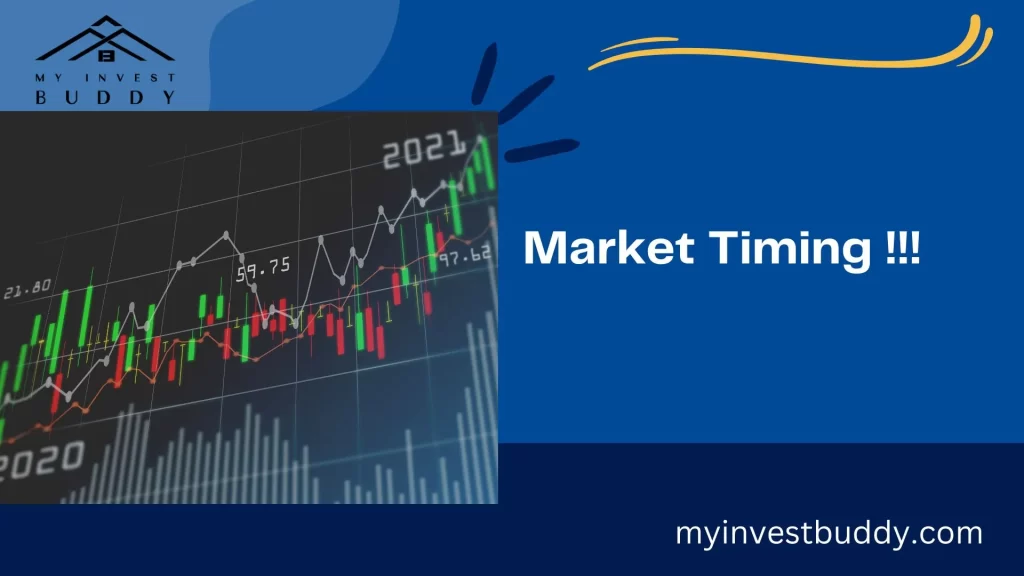“It’s not timing the market that’s important. It’s time in the market.” – Jack Bogle
Market timing is the strategy of attempting to predict when to buy and sell stocks in order to maximize returns. This can be a difficult task, as the stock market is subject to many unpredictable factors and can be highly volatile.
One approach to timing the market is to use technical analysis, which involves studying charts and other historical data in order to identify patterns and make predictions about future price movements. Some investors also use fundamental analysis, which involves looking at a company’s financial and economic data in order to make informed decisions about its stock.
Another approach is to follow the advice of market experts and analysts, such as financial advisors and stock analysts. These experts may have access to information and resources that the average investor does not and may be able to provide valuable insights into market trends and individual stocks.
However, it is important to keep in mind that no one can predict the market with 100% accuracy. Even the most experienced investors and market experts can be wrong. Additionally, it is a stressful and time-consuming activity. It is also possible to miss out on potential gains if you are not invested in the market during a period of growth. Think about a scenario, where you thought market is high and waiting to invest on correction, you could have waited for 2 years and missed out on the biggest bull runs.
I highly recommend reading this article Quantifying the futility of timing the market – Marcellus
In this article Marcellus has quantified the difference in wealth for 2 personalities. One is Mr Gifted, he buys the stocks for 10 years at the lowest price for the year whereas Mr Mortal he buys the stocks on first January every year. At the end Mr Mortal ended up being only 12% less wealthy than Mr Gifted, even after considering best case scenario for Mr gifted.
Most of the successful investors have an investment strategy and they stick to it, thick and thin. It takes lot of courage and conviction to stick to the strategy when it underperforms, but instead of market timing, successful investors stick to their strategies. They also have a risk management plan and have a good understanding of the market. Timing the market successfully requires a lot of research, experience and time.
What is the better approach for most investors?
1) Adopt a long-term investment strategy and diversify your portfolio across different asset classes. This can help to mitigate the risks of trying to time the market and can provide a more stable and consistent return over time.
2) Use dollar-cost averaging. This involves investing a fixed amount of money at regular intervals, regardless of the price of the security. This helps to average out the cost of the security over time, and can reduce the risk of buying at the wrong time.
In summary, timing the market can be a difficult and unpredictable task, and it is important to keep in mind that no one can predict the market with 100% accuracy. A better approach for many investors may be to adopt a long-term investment strategy and diversify their portfolio across different asset classes, and also use dollar-cost averaging strategy. Additionally, it is important to consult with a financial advisor to understand the best approach for your individual needs and risk tolerance.
Feel free to schedule a call with us here Consult Us – Mutual Fund Advisor and other Investment Advisory – My Invest Buddy, we will help you create an investment plan best suited for your goals and investment objectives.

